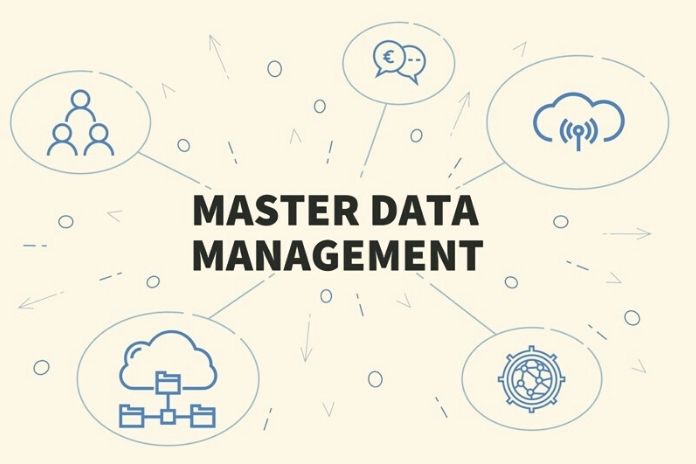Master Data Management: The amount of data to be managed in companies is increasing. At the same time, customer requirements, for digital product data are growing. The solution lies in efficient product master data management.
The value of the existing data increases if it is not only available in one division. An automation company for mechanical engineering from southern Lower Saxony has recognized this and reorganized its data and system landscape with intelligent master data management.
Master Data Management: A Nuisance?
Despite all the success, the family company, founded in 1947, gradually copes with the increasing volume of data to be managed while at the same time increasing customer requirements for digital product data. This is due to big data, the Internet of Things, and machine-generated information.
Consistent Product Data
Lenze was confronted with many questions about digitization: How does the connection and centralization of digital product data work? How do I ensure the reliability and up-to-dateness of the digital product data required for Industry 4.0, and how do I organize the global management of the data?
A review of the data silos revealed several problem areas: product data stored in isolation, duplicates, and incorrect and untrustworthy product data. At Lenze, there was another special feature: the drive technology for factory automation produced here is extremely complex and varied.
There are seven different product families for the inverter alone. Strictly speaking, there are 40 physical performance levels per family, which results in 280 possible basic designs. Twenty different versions are possible, i.e., 5,600 versions, and each version has 150 motors and 9,000 gearboxes to choose from – a major challenge for the administration.
Efficient Master Data Management
The company also wanted to efficiently share existing data and syndicate product data across multiple sales channels. The aim was to make data and information available to customers so that they, too, can make optimal use of the advantages that arise from digital data. There was a solution for the connection and centralization of the digital product data: the introduction of efficient product master data management.
When it comes to the requirements for a product data management tool, several things need to be considered: The data model used should enable freedom from redundancy, standardization, and normalization. The integrated release management must strictly separate the maintenance/filing and output areas. Various data formats must be uploaded via technical interfaces, and external input and output structures must be processed. Integrated workflows ensure reproducible processes; an input quality gate ensures data quality.
Lenze decided in favor of the STEP master data management (MDM) platform from Stibo Systems, which is intended to support the group of companies with the challenges of Industry 4.0 on the way to becoming a digitized company with extensive automation of all business processes. To realize this project, Lenze had to collect and organize all product data to adapt it to the different requirements. The aim was to use a single point of truth to manage the product data throughout the company with as little redundancy as possible to supply third-party systems and customers with data reliably.
Together with the company, Stibo Systems has developed a solution: developing an internal data model that standardizes, normalizes, and delivers redundancy-free data to customers independent of data suppliers and recipients. Internal data is compiled for individual customer groups and passed on to the customer.
Internal recipients of the data at Lenze are, for example, the ERP system, the webshop, and some technical tools. External buyers are retailers’ webshops and provisions in the data exchange formats ETIM and ECL in various versions and data structures. The data model can also take over terminology management, process around 20 foreign languages , and optimize the input via WEB-UI.
Don’t Just Collect Data
Digitization and preparation for Industry 4.0 with an intelligent data model is not about collecting data but organizing and managing it. In summary, it is about organizing complexity. Clever data management (master data management) is a prerequisite for digitization, IoT, and ultimately, artificial intelligence and machine learning.
Multi Domain Master Data Management is the key to improving data quality in the entire company, merging, cleaning, enriching, and validating data from different silos. All company areas benefit from the consistently uniform data sets and data transparency achieved. Intelligent master data management also means a minimized maintenance effort and memory consumption and enables a long-term cost reduction of data maintenance.
The digital transformation is changing the basic framework – not only for manufacturing companies. The ability to specify, develop, implement, deliver and maintain comprehensive software systems and, particularly, interoperable digital products will be crucial for everyone in a digitally transformed market.
So everything speaks in favor of tearing down the existing data silos and for digital transformation with intelligent solutions based on a specially developed master data platform. The Lenze Group can now make new services available to its customers more quickly, gaining a competitive edge thanks to the changeover.
ALSO READ: What Actually Is A Silent SMS?

